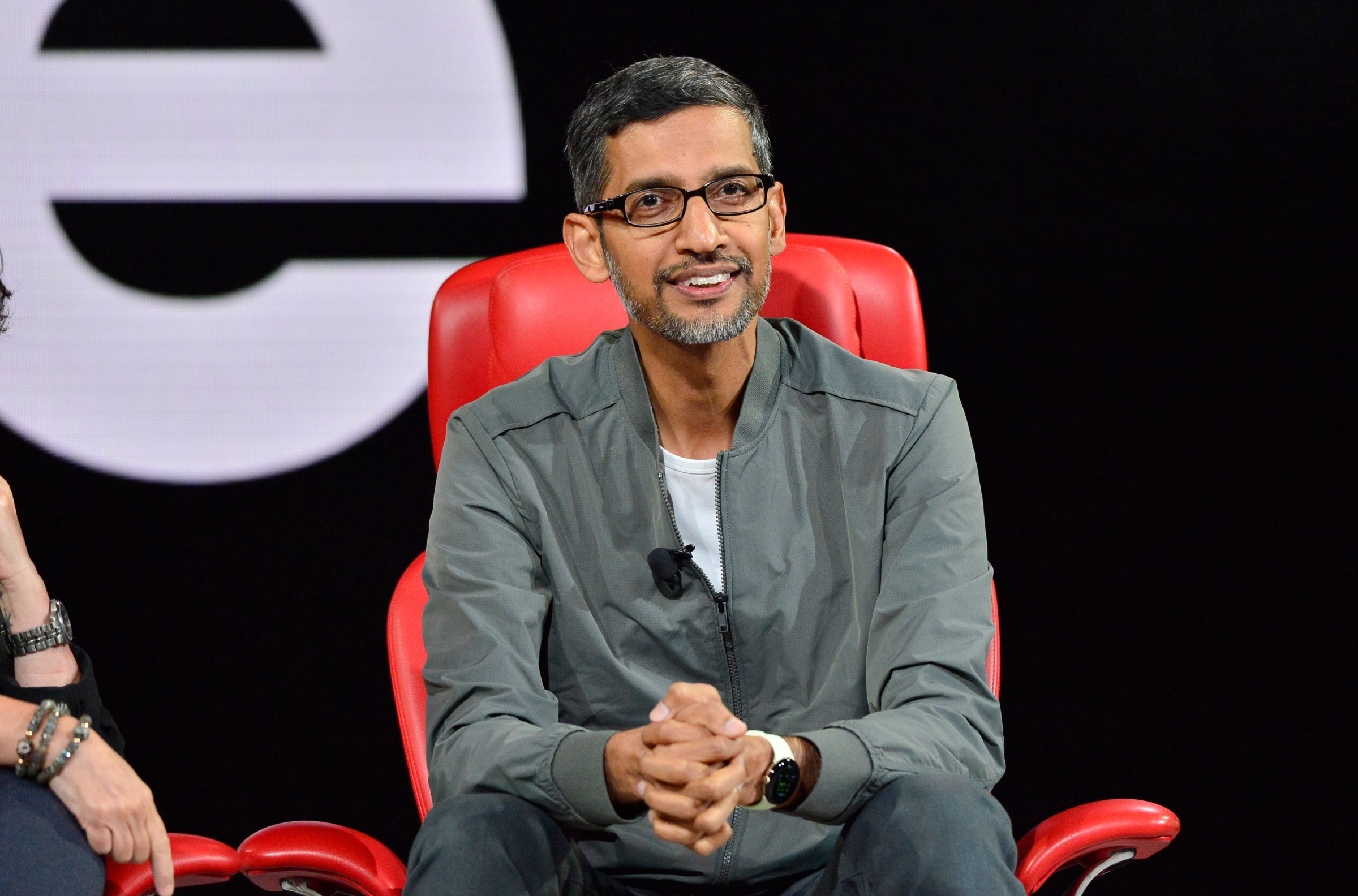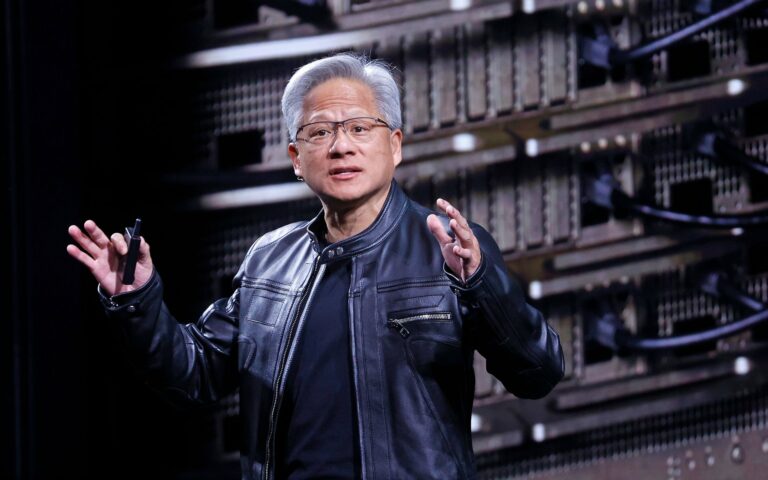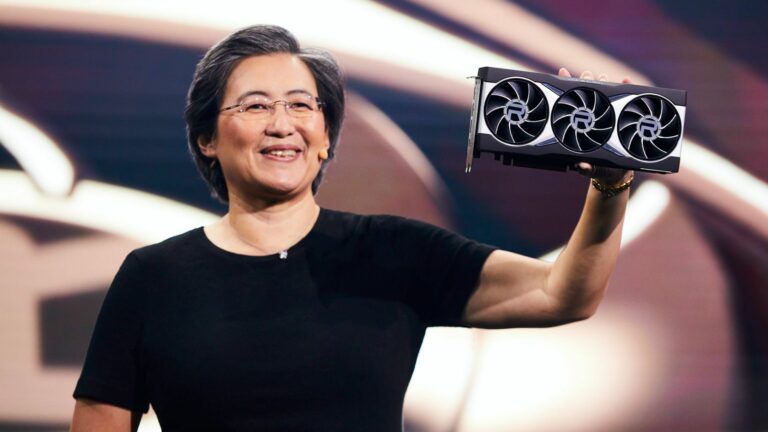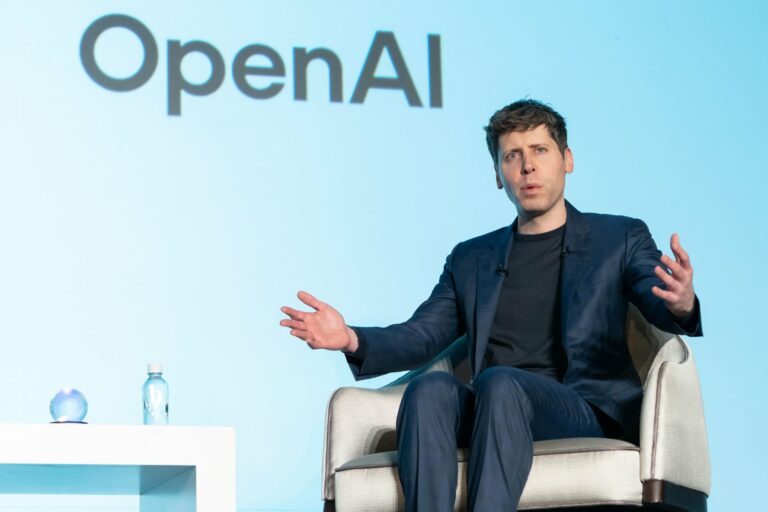Platform Leadership — scaling innovation across billions without breaking trust.
The Steward of Scale
When Pichai took the reins of Google in 2015, the company was already a giant. What he inherited wasn’t a startup’s chaos, but a civilization of systems — one that needed new governance.
Rather than chase moonshots, Pichai refined the machinery. His leadership style — deliberate, integrative, calm — turned scale into a strategic asset.
Where others saw Google’s vastness as bureaucratic inertia, Pichai saw leverage. He transformed the company’s size into a platform for evolution — a way to train, deploy, and integrate AI at planetary scale.
He’s not the archetype of a revolutionary founder; he’s the architect of continuity, the one who keeps the machine adaptive without breaking it.
Platform Leadership as Industrial Strategy
Under Pichai, Google’s AI strategy has become infrastructure, not spectacle. While competitors race to showcase demos, Google builds distribution layers — search, cloud, Android, YouTube — that integrate AI into everyday experience.
It’s less about novelty, more about industrial embedding.
Pichai’s quiet thesis: the real AI revolution isn’t what people see — it’s what they use, often without noticing.
By integrating AI into billions of daily workflows, Google has effectively industrialized intelligence. The company doesn’t just deploy AI; it mass-produces cognition at a global scale.
That’s the true hallmark of platform leadership — when technology stops being a feature and becomes the fabric.
Trust as Economic Infrastructure
In the age of AI acceleration, trust is the new currency. Pichai understands that trust compounds slower than technology scales — and that’s precisely why it matters.
His challenge isn’t just technical; it’s moral and managerial. Google’s future depends on how it balances progress with prudence — building systems that serve billions without eroding their agency.
The company’s investments in AI safety, responsible governance, and transparency frameworks are not PR gestures — they’re economic defenses. Without trust, Google’s data supply chain fractures.
By positioning ethical AI as an operational discipline, Pichai redefined corporate responsibility as competitive advantage.
In an AI economy racing toward automation, he’s betting on credibility as the last moat.
Scaling Innovation, Not Noise
Unlike the iconoclastic founders before him, Pichai innovates by scaling coherence. His genius lies in orchestration — ensuring Google’s vast ecosystem of products evolves in unison rather than chaos.
This means aligning research labs, cloud infrastructure, and consumer platforms around a single spine: AI as a general-purpose capability.
Instead of breaking categories, Pichai connects them:
- Search becomes reasoning.
- Cloud becomes cognition.
- Devices become context.
He’s quietly turning Google into the operating system of the AI economy.
And in doing so, he embodies a different kind of visionary — not the disruptor, but the stabilizer. In a volatile technological age, that restraint is revolutionary.
The Future Industrial Stack
The next industrial revolution won’t be built on steel, oil, or code — but on intelligence infrastructure. And Sundar Pichai is building its backbone.
Every Google product now feeds into this stack: data → model → application → platform → trust.
It’s an economic flywheel designed to sustain innovation at population scale — something few companies on Earth can attempt.
Yet, Pichai’s most profound contribution may not be technical at all. It’s philosophical: proving that in the AI age, leadership isn’t about velocity — it’s about stability under acceleration.
Looking Ahead
As the AI industrial era matures, Sundar Pichai’s Google will be judged less by invention and more by integration — by how seamlessly intelligence embeds into the world’s systems.
His legacy may be defined not by what he disrupts, but by what he preserves — a global digital commons built on scale, safety, and trust.
In that sense, Pichai isn’t just leading the AI revolution — he’s civilizing it.
Follow Tomorrowist for more insights on innovation, deep tech, and value creation.





